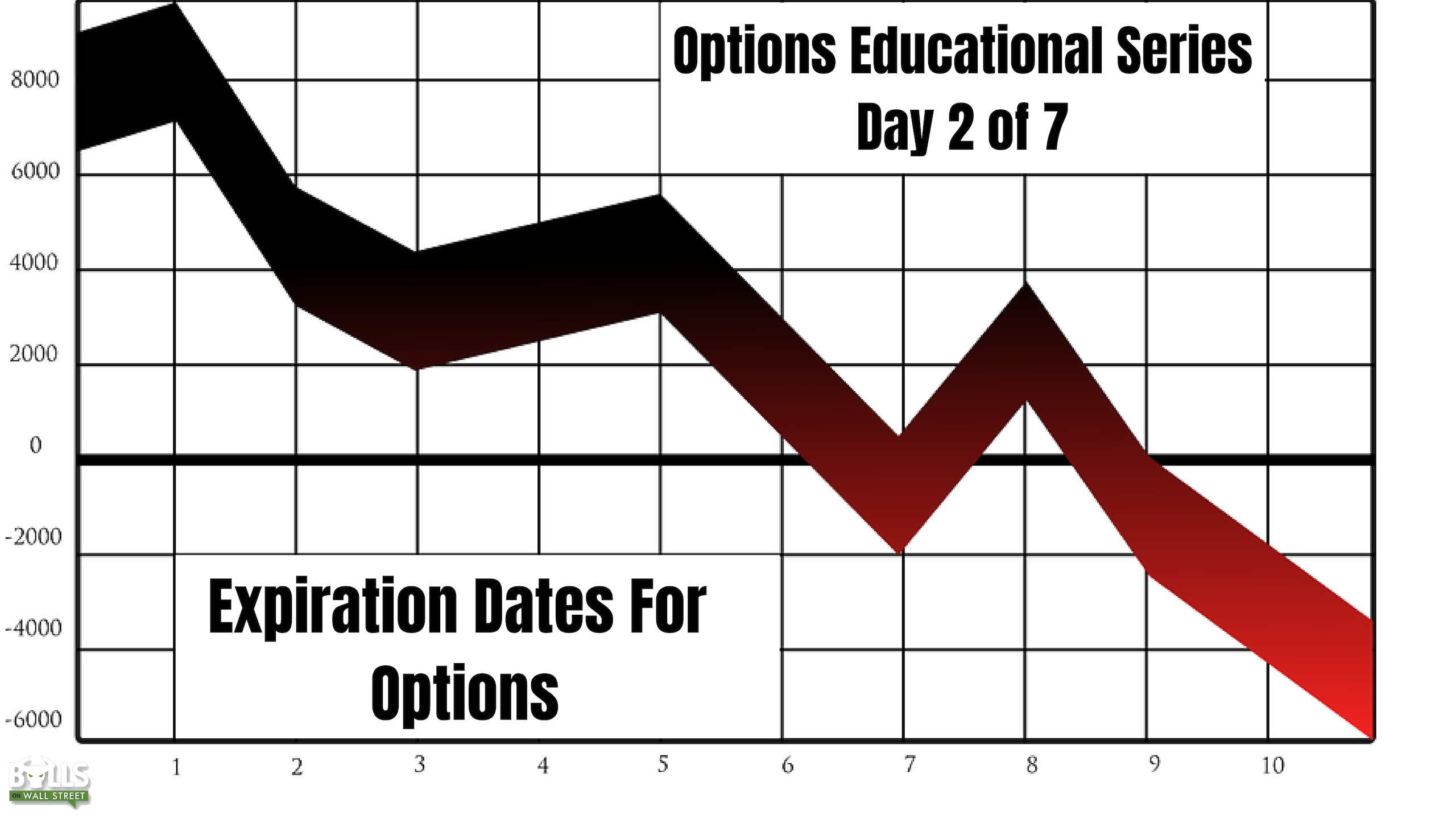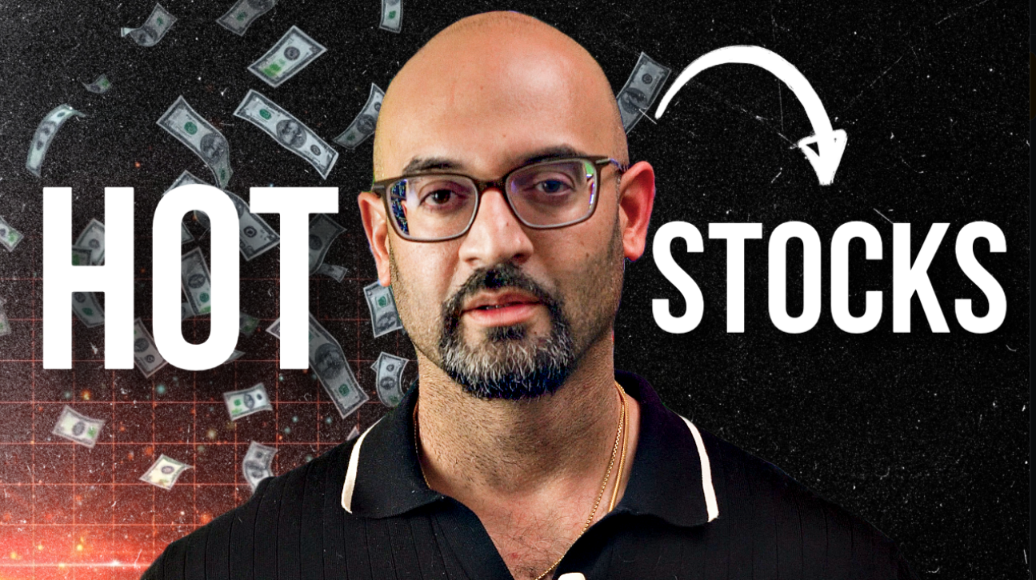 Options are not a simple topic. I’m sure everyone has a billion questions after yesterday’s article about call options. Don’t worry, I’ll try to answer most of those with today’s article, and the other articles in the rest of the series!
An expiration date is the last day that an options contract is valid. On or before this day, the contract owner will have to decide what to do with their expiring contract or contracts. When you have an option contract that is about to expire, there are 3 possible outcomes:
Options are not a simple topic. I’m sure everyone has a billion questions after yesterday’s article about call options. Don’t worry, I’ll try to answer most of those with today’s article, and the other articles in the rest of the series!
An expiration date is the last day that an options contract is valid. On or before this day, the contract owner will have to decide what to do with their expiring contract or contracts. When you have an option contract that is about to expire, there are 3 possible outcomes:
- You close the position and realize a profit
- You close the position and realize a loss
- You let the contract expire, and it becomes worthless
Expiration Date Example
Let’s use an example with Microsoft stock. Let’s say you purchase a call option on shares of MSFT stock with a strike price of $100 and expires on May 17th of this year. This contract gives you the right, but not an obligation, to purchase 100 shares of Microsoft on or before May 17th of this year. Let’s say that MSFT is currently trading at $100 per share. Each contract costs $2.00 in this example, which means you pay $200 for the contract (2×100). Let’s look at the 3 possible scenarios discussed above:- Microsoft goes to $105 per share. The call option gives the right of the owner to purchase shares of MSFT at $100, so they can exercise the contract when it expires to buy shares at $100 and immediately sell the 100 shares on the open market at $105 per share. This option is referred to as being “in the money”, which is a term means the contract is worth more than $0. As a result, the option will sell for $5.00 on expiration, and because each contract represents in interest in 100 underlying shares, this will amount to a total sale of $500. The investor realizes a profit of $300 and a 150% return since the investor spent $200 to purchase the initial contract.
- MSFT is trading at $101 when the option expires. The call option, as a result, is worth $1. The contract owner will realize a loss of $100 because the initial contract was worth $200.
- MSFT is trading at $99 when the option expires (or any price at or below the strike price). The contract expires out of the money, meaning that is now worthless. The investor loses the $200 he paid for the initial contract.


